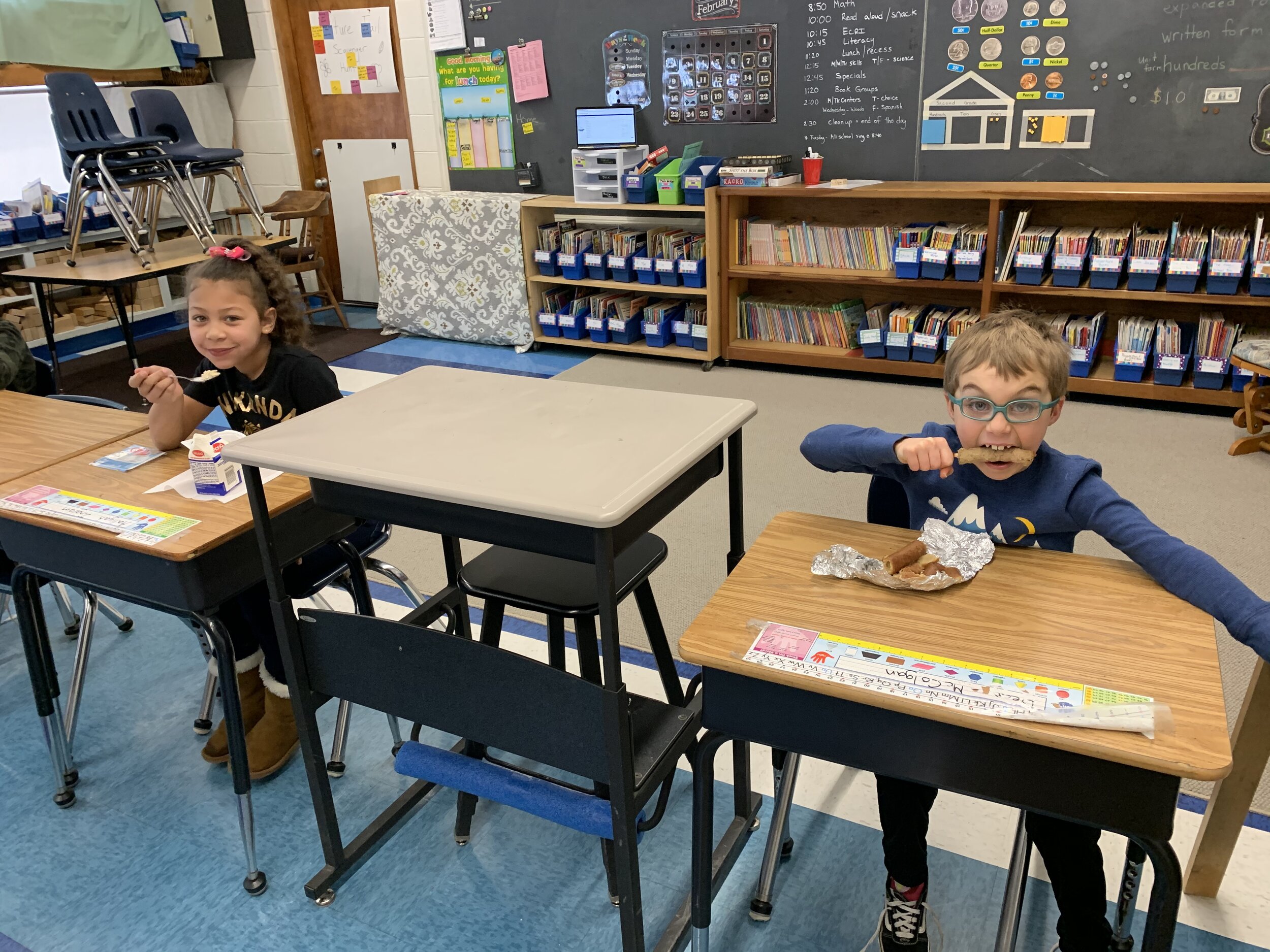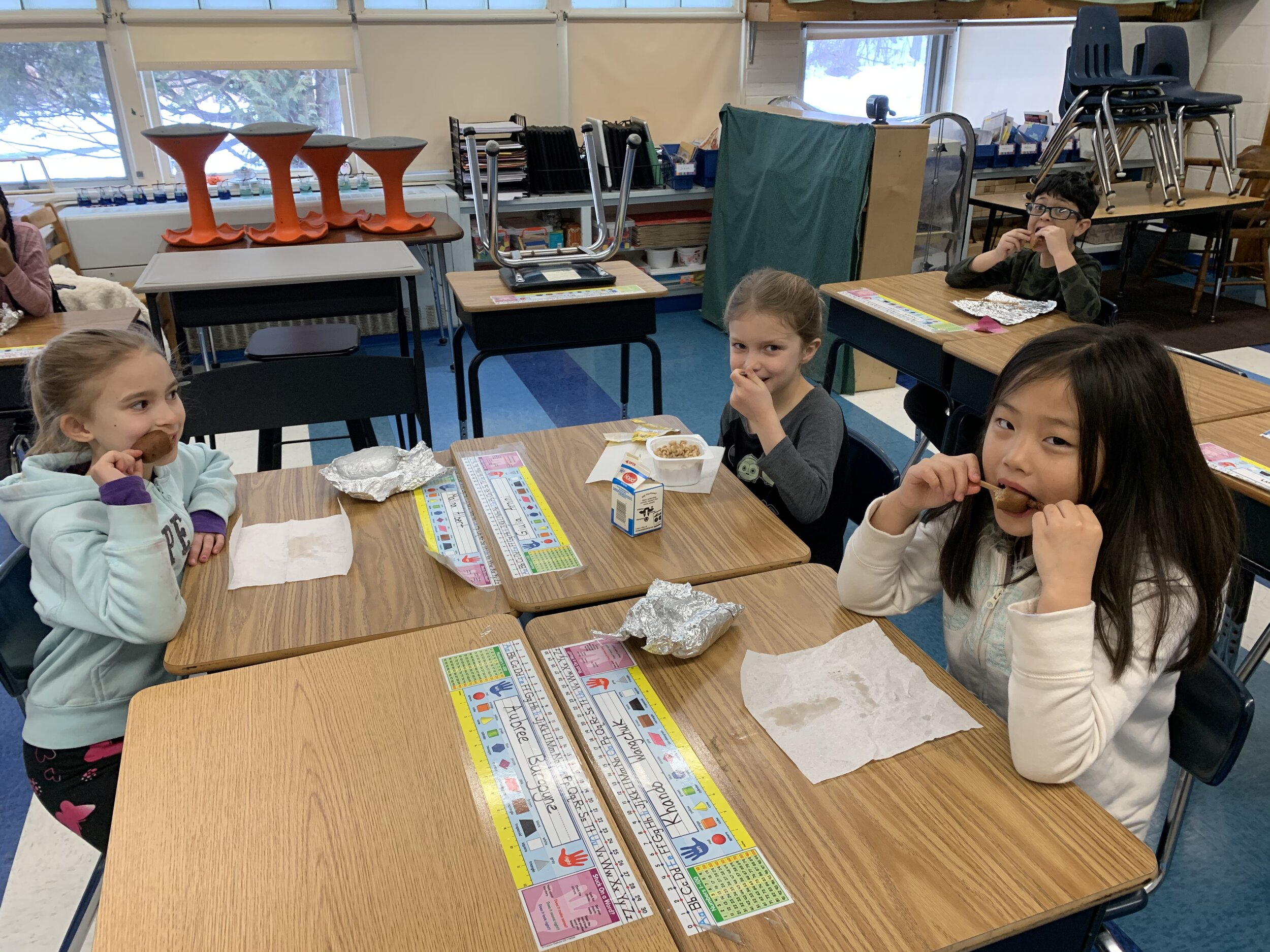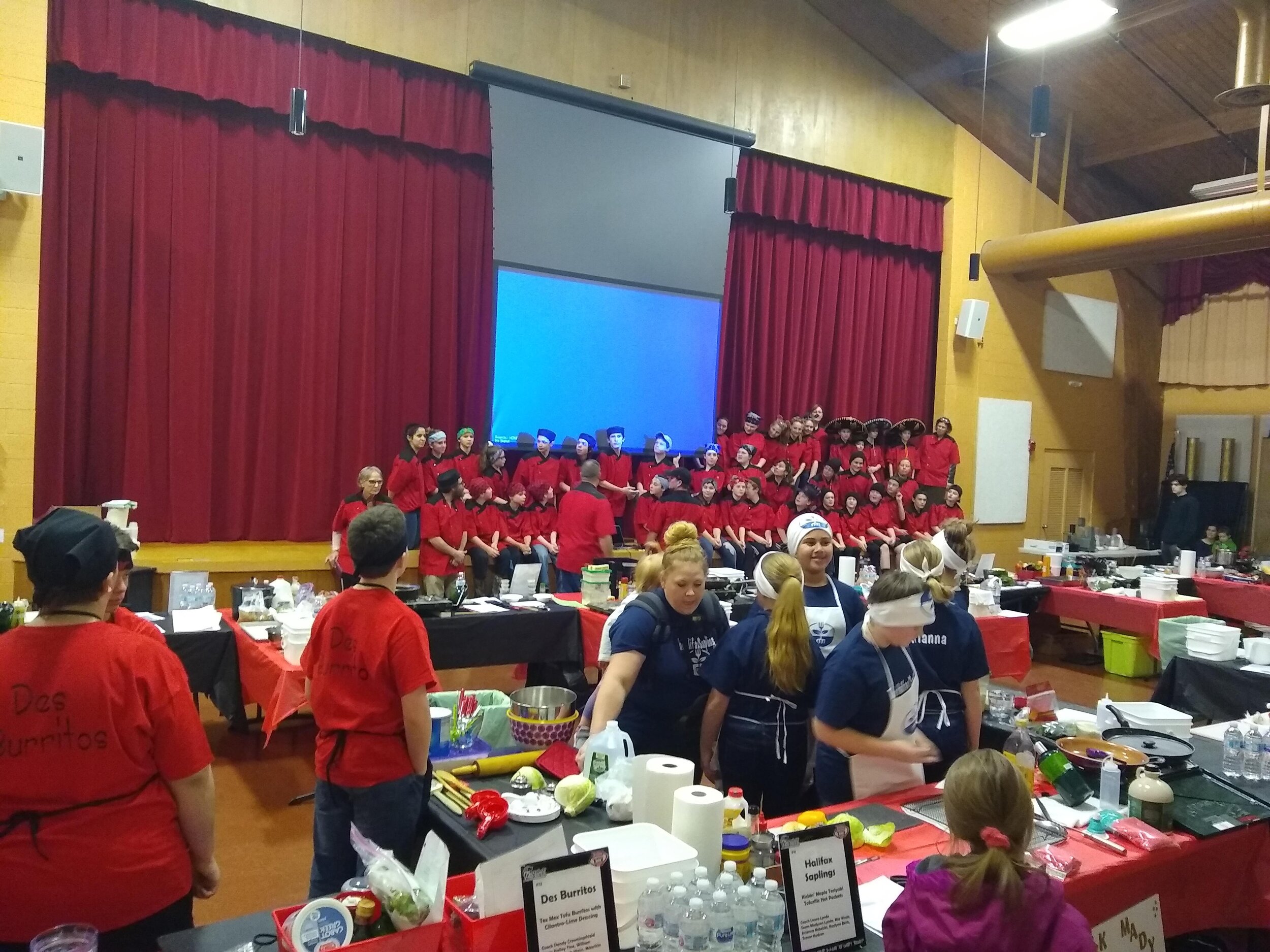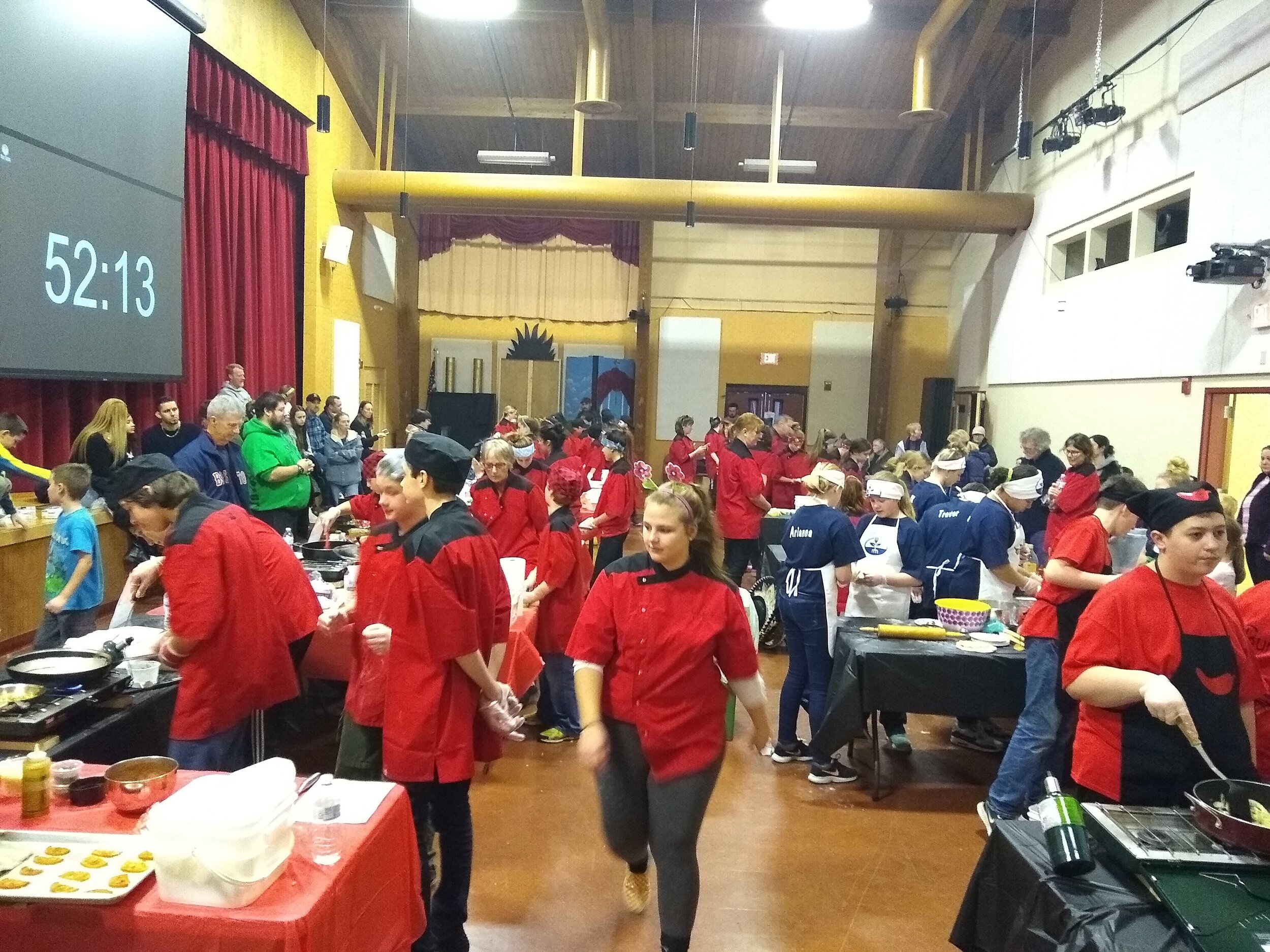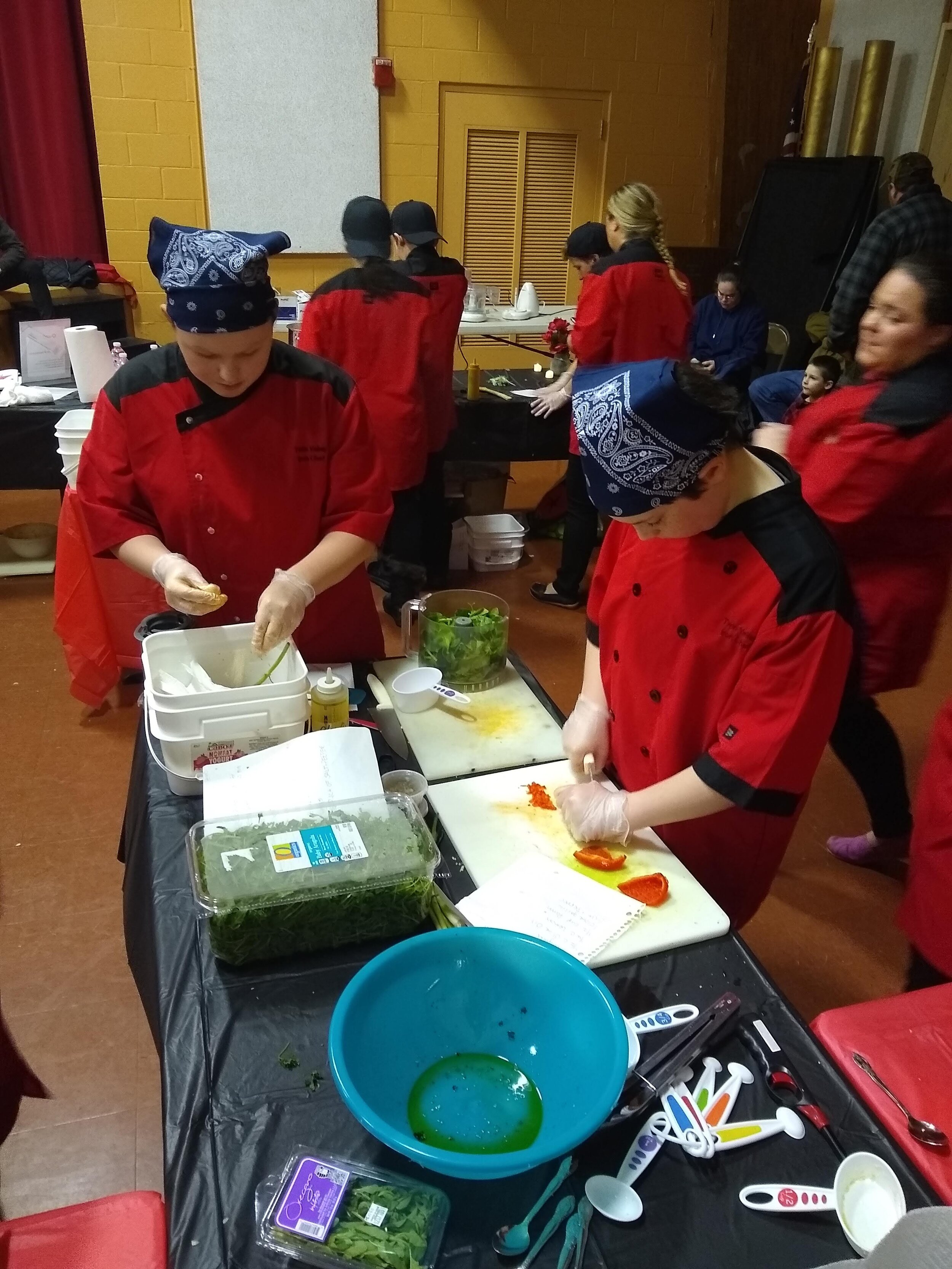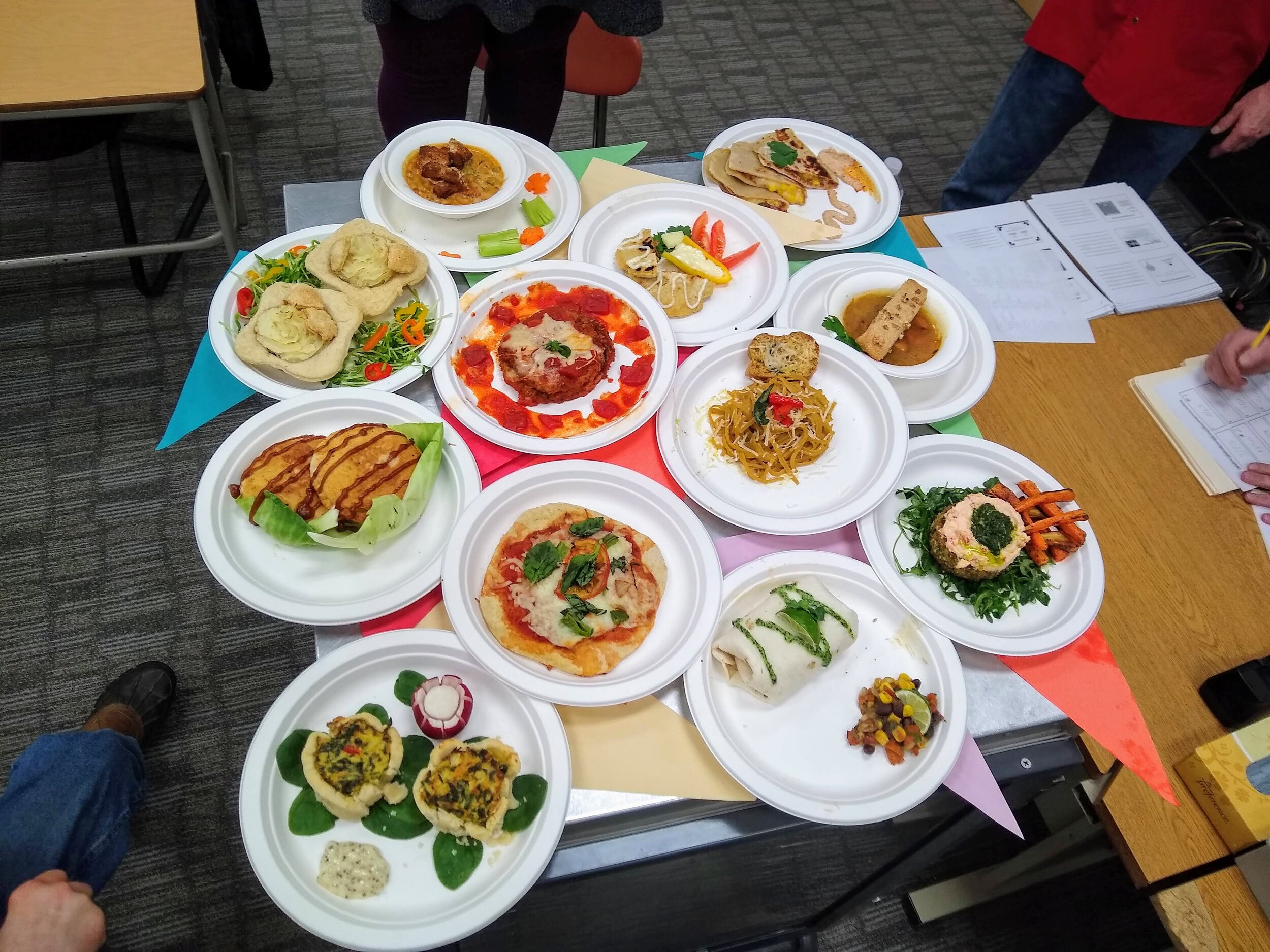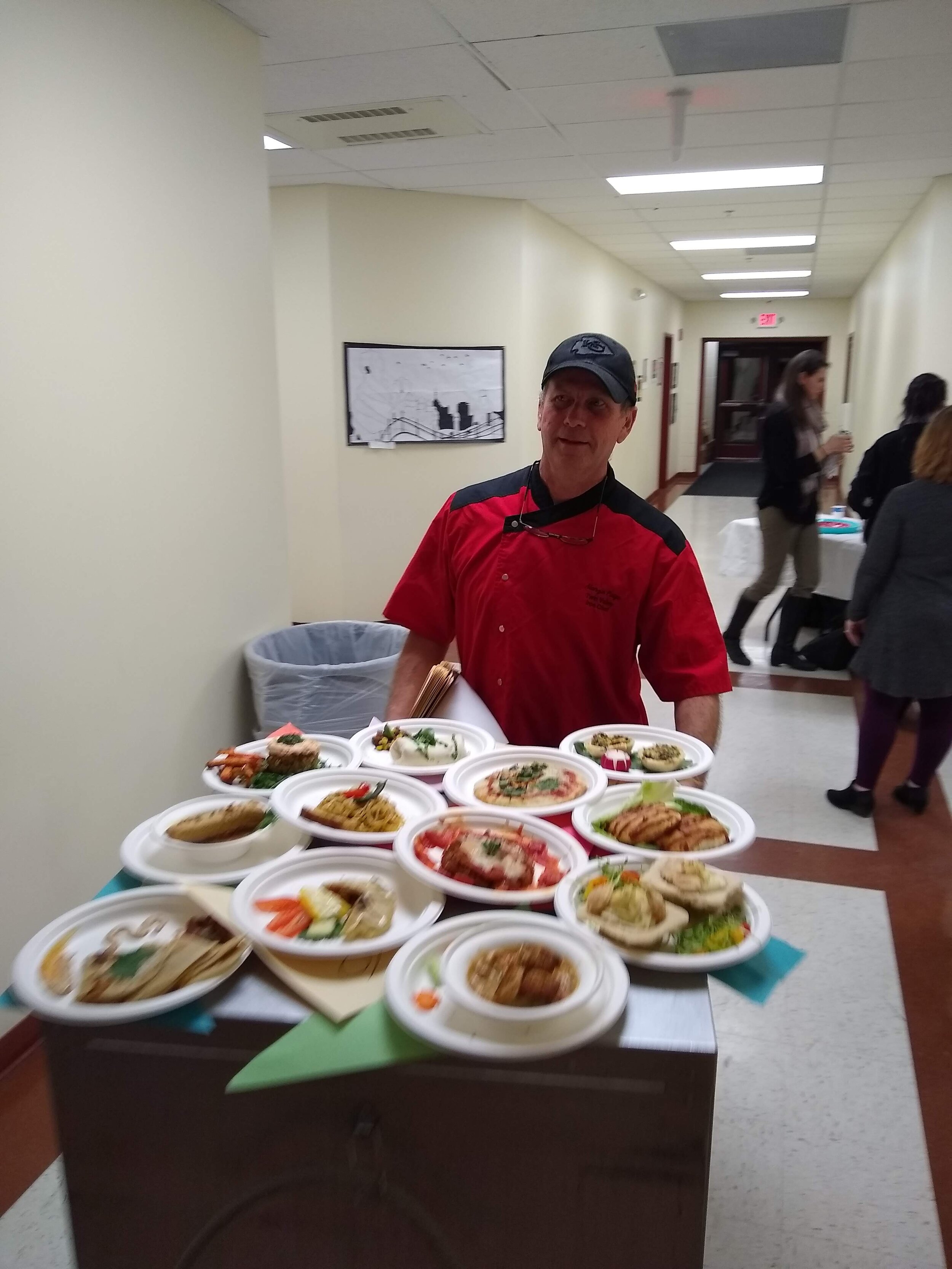What is the intersection between trauma, equity, and nutrition in our food system? This is a question that the Food Connects’ Equity Team grapples at each of our team meetings. This investigation allows us to take a critical look at the work we are doing in our community and engages us in deeper conversations around race, gender, and socio-economic status.
These conversations may seem daunting to some, but luckily there is a great resource to guide us through these challenging conversations. Last year, for the first and certainly not the last time, I participated in Food Systems New England’s 21-Day Racial Equity Challenge. The challenge consists of a daily email with information and prompts that encourage participants to learn, reflect, act, and go deeper on topics of racial justice and equity in our food system. The readings, videos, podcasts, and discussion questions gave me tools and resources that I returned to throughout the year as I wrote about the importance of working towards greater equity in our food system.
Last year, more than 3,500 people participated in the challenge. This year, in addition to individuals, they are opening the challenge up to whole organizations. So far more than 500 organizations signed up. The challenge runs from March 30 to April 19, and I encourage you to sign up personally or for your organization by clicking here.
Something that stuck with me the most from last year's challenge was the theme of storytelling. I have often referenced the Voices from the Food Chain videos this year, and I gave a lot of thought to how we, at Food Connects, can amplify the voices of the people we serve, including food service workers in our school cafeterias and students in our community who are coping with food insecurity.
We formed an equity team at Food Connects last summer, and we’re engaging in conversations about how to bring greater equity to our work with farmers who are people of color, women, and/or members of the LGBTQIA community.
I am looking forward to another opportunity to think about my work from different perspectives and to continue to ask myself how together we can build a food system that provides dignity for everyone. I hope that you’ll join me!
By Sheila Humphreys, Farm to School Coordinator











